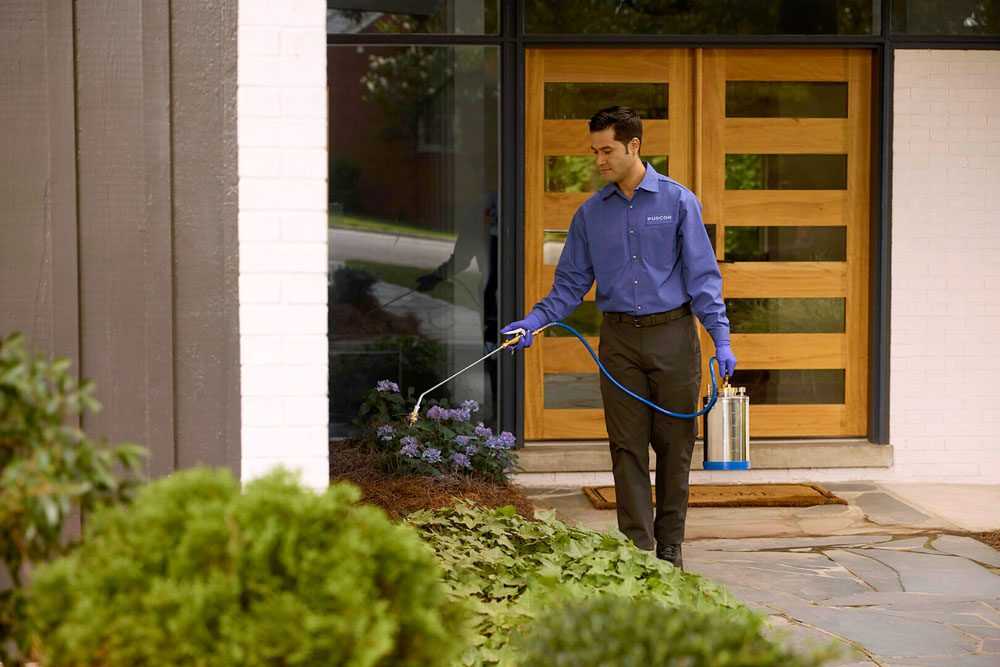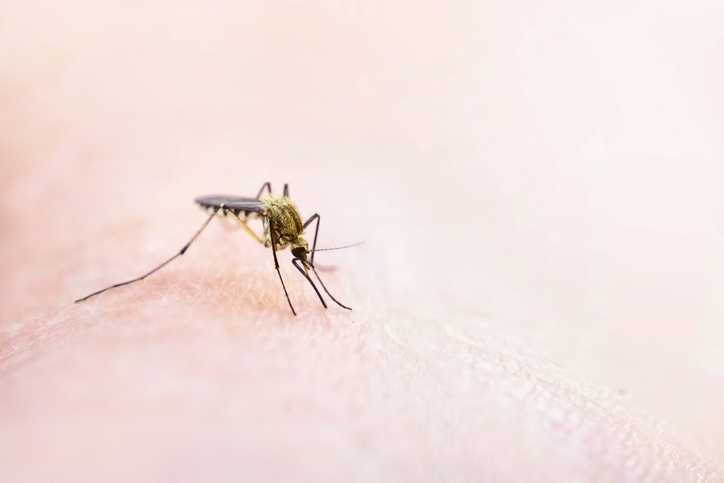Whether you’re working in the garden or taking a much-needed break out on your back porch, mosquitoes are a common sight. On the surface, these pesky little critters might seem nothing more than a nuisance. Yet the more you understand about the health risks and dangers of a mosquito bite, the more alarming the sight of them can be.
It’s best for you to be as educated about the dangers of a mosquito infestation as possible. Even in a small package, these nasty creatures can cause a great deal of harm to you and your loved ones. In this guide, we will help you understand why mosquitoes are dangerous and can pose a major threat to your well-being. PURCOR offers FREE quotes on our safe, effective, and low-maintenance control methods. We focus on eliminating mosquitoes and keeping them from coming back.
What Are Mosquitoes?
Much like other pests such as flies, mosquitoes are small flying insects that are commonly seen outdoors near bodies of water and shady areas. With over 200 recognized species of mosquito living across the US, they are one of the most common pests in the country.
Each species, such as the winter mosquito or the cattail mosquito, come with slight variations and differences in habits. More often than not, the most common place to find mosquitoes is in outdoor settings like backyards and gardens.
However, all types of mosquitoes have two common goals regardless of their species. These two goals are that they need to eat and to reproduce.
Why Do Mosquitoes Bite?
Mosquitoes bite humans and animals in order to feed on their blood. While both male and female mosquitoes feed on living things to survive, it is the females that feed on the blood of humans and animals. Male mosquitoes, on the other hand, typically live off nectar and similar plant juices.
Mosquitoes spend their entire lifespan feeding off of other living creatures with the goal of reproducing during their lifespan. According to the Centers for Disease Control and Prevention , adult mosquitoes on average live for two to four weeks.
Despite female mosquitoes being the only ones to feed on human blood, it is near-impossible to distinguish them from their male counterparts with the naked eye. It’s best to avoid exposure to any kind of mosquito as much as possible due to the risks they can impose on your health.

Are Mosquito Bites Dangerous?
Although mosquito bites aren’t venomous or poisonous on their own, they are dangerous due to the variety of harmful diseases that they carry, similar to other pests and insects such as fleas and ticks. Some common mosquito-borne diseases are:
- Malaria
- Dengue
- West Nile virus
- Zika
- Yellow fever
- Chikungunya
- And more
How Dangerous Are Mosquitoes to Humans?
Having so many diseases spreading due to their bites, mosquitoes are immensely dangerous and frequently lead to critical illness and even death. In fact, according to Pfizer, over 700,000 people die worldwide due to mosquito-borne diseases.
Despite evolving treatments being made to combat mosquito-borne diseases, it’s important to take proper medical care of mosquito bites when they occur to lessen their effect.
How Do I Know If I Have a Mosquito Infestation?
It’s important to detect and look out for any signs of a mosquito infestation whenever you think you might have one in your home. Some common signs of an infestation are any high-pitched buzzing, the presence of abundant standing water and shade, the sight of a swarm, and much more.
They’re most commonly found outside but you can easily see them flying over food and water inside your home as well. In addition to this, pay attention to whether you start itching around parts of your body that are commonly left exposed during the summer, like arms and legs.
How Do I Prevent A Mosquito Infestation?
DIY methods do exist for controlling your mosquito infestation. These methods typically vary widely in effectiveness but may help keep your infestation under control until professionals can find and address the root cause. They will also help set up preventative measures to keep mosquitoes from returning.
When it comes to getting rid of your mosquito infestation once and for all, it’s best to rely on professional mosquito control to eliminate your problem once and for all. Some of the practices commonly used by professional exterminators include:
- Surveillance
- Reduction
- Larval control
- Adult mosquito control
- And others
Alongside these practices, make sure that you focus on working with your pest control technician to keep your mosquito problem resolved. It’s one thing to get rid of a mosquito infestation. It’s an entirely different thing to keep that infestation gone for good. Consistency is key!

Get Professional Mosquito Control With PURCOR Today!
For the best professional mosquito control services, look no further than PURCOR Pest Solutions. We serve a number of different regional areas across the country. With the proper tools and a team of experienced and expert technicians, we’re ready to keep mosquitoes out of your home. To get additional information or answers about our services, visit our FAQ page and our blog here. Ready to eliminate your mosquito infestation? Give our team a call or contact us online today to say goodbye to your mosquito problem once and for all!
"*" indicates required fields
"*" indicates required fields




